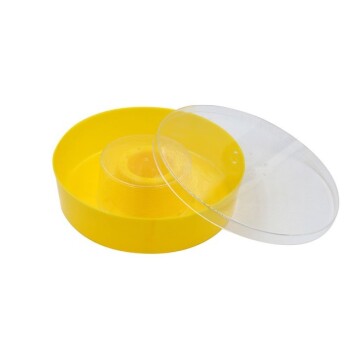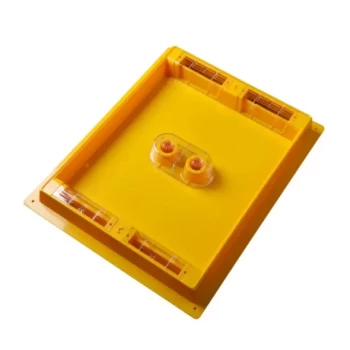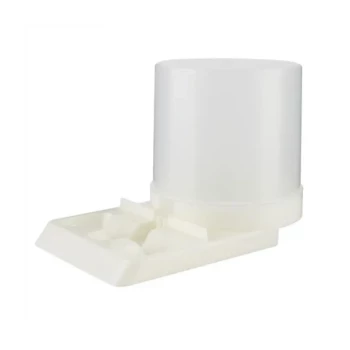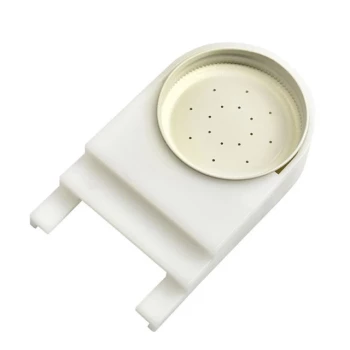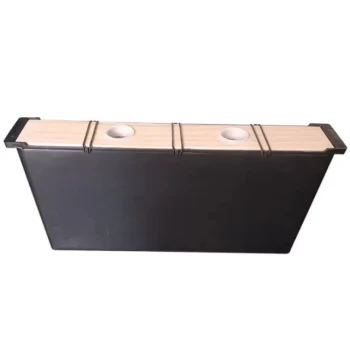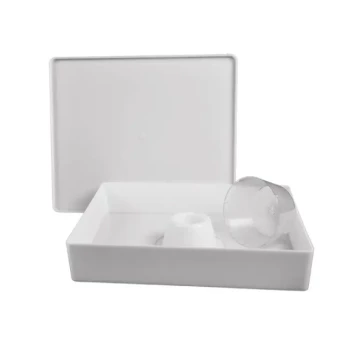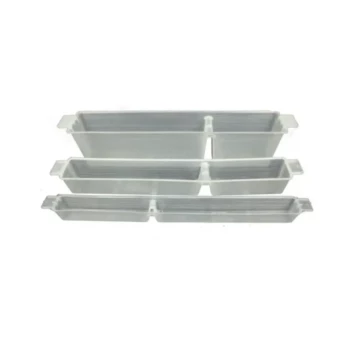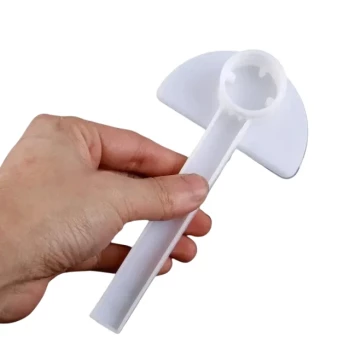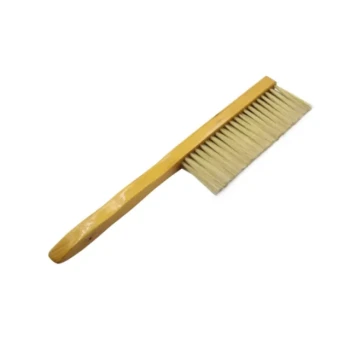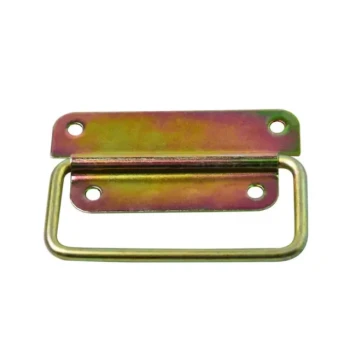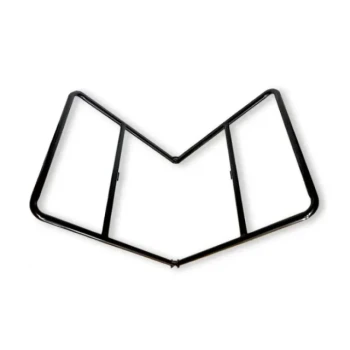In modern beekeeping, feeding is a strategic intervention, not a routine chore. The primary reasons for feeding a honey bee colony are to ensure its survival through periods of scarcity and to stimulate its development for specific management goals. This includes preventing winter starvation, supporting a new colony's initial growth, and encouraging population buildup ahead of a major nectar flow.
Feeding bees is fundamentally about correcting a resource imbalance. Whether for survival or strategic growth, the goal is to provide the necessary carbohydrates (energy) when the colony cannot gather enough from its natural environment.
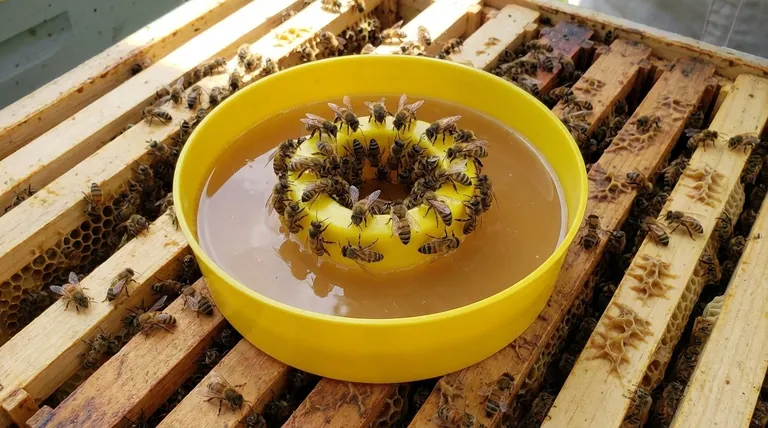
The Core Principle: Survival
The most critical reason to feed bees is to prevent the death of the colony. This is not a failure, but a necessary management task in response to environmental conditions.
Preventing Starvation in Late Winter and Spring
A colony's stored honey is at its lowest point in late winter and early spring. As daylight increases, the queen begins laying eggs again, and the growing population of brood rapidly consumes the remaining food stores.
If a cold snap prevents the bees from foraging, or if they simply run out of honey, the colony can starve in a matter of days. Emergency feeding with sugar candy or thick syrup is a direct life-saving measure.
Bridging a Nectar Dearth (The "June Gap")
A nectar dearth is any period when there are few or no nectar-producing flowers in bloom. This can happen at any time, but a common example is the "June Gap," a period in early summer after spring flowers have faded but before the main summer flow begins.
During a dearth, a strong colony can quickly consume its reserves. Supplemental feeding provides an energy bridge, preventing a decline in brood rearing and ensuring the colony remains strong for the next nectar flow.
Strategic Feeding for Colony Development
Beyond simple survival, feeding is a powerful tool used by beekeepers to guide a colony's growth and productivity at key moments in its lifecycle.
Stimulating Spring Buildup
A beekeeper may feed a light syrup (a 1:1 ratio of sugar to water) to stimulate the queen to lay more eggs. This mixture mimics a natural nectar flow, signaling to the colony that resources are abundant.
The goal is to build a large population of forager bees just before the main honey flow begins. A larger workforce can collect significantly more surplus honey.
Supporting New Colonies (Swarms & Nucs)
A newly hived swarm or a small nucleus colony ("nuc") faces a monumental task: building wax comb. Producing beeswax is incredibly energy-intensive, requiring bees to consume large amounts of nectar or syrup.
Feeding these new colonies provides the essential fuel they need to draw out comb quickly. This allows the queen to begin laying and establishes the colony much faster than it could on its own.
Fueling Queen Rearing
Raising high-quality queen bees requires a colony that is exceptionally well-fed and unstressed. A consistent supply of nectar, real or simulated, ensures nurse bees can produce ample royal jelly.
Beekeepers raising their own queens will often feed the "cell builder" colony throughout the process to guarantee the developing queen larvae receive optimal nutrition.
Understanding the Trade-offs
While essential, feeding is not without risks. It must be done thoughtfully to avoid creating new problems for the colony.
Risk of Contaminating the Honey Harvest
Never feed sugar syrup when you have honey supers on the hive that are intended for human consumption. Bees will store syrup just like nectar, and this will contaminate the final honey product. All feeding should cease before the main honey flow begins.
Attracting Pests and Robber Bees
Spilled syrup or poorly designed feeders can attract ants, wasps, and other pests. More dangerously, it can incite robbing, where bees from stronger neighboring colonies attack and overwhelm a hive to steal its stores. Robbing can quickly destroy a weak colony.
Creating Dependency or Mistimed Buildup
Feeding too early in the spring can encourage a population boom before there is enough natural forage to sustain it. This can lead to starvation if the beekeeper stops feeding and the weather turns poor. The goal is to supplement nature, not replace it entirely.
Making the Right Choice for Your Goal
Deciding when and how to feed depends entirely on your specific objective for the colony.
- If your primary focus is survival: Use emergency feeding (thick syrup or sugar candy) only when a colony is light on stores, especially in late winter or during a dearth.
- If your primary focus is growth: Feed new swarms and nucleus colonies a 1:1 syrup until they have drawn out sufficient comb for the queen to lay in.
- If your primary focus is honey production: Use stimulative feeding (1:1 syrup) in the early spring to build the population ahead of the main nectar flow, and stop all feeding before adding honey supers.
Ultimately, successful beekeeping involves knowing when to intervene and when to let the bees manage their own resources.
Summary Table:
| Feeding Goal | Recommended Method | Key Timing |
|---|---|---|
| Prevent Starvation | Thick Syrup or Sugar Candy | Late Winter / Nectar Dearth |
| Stimulate Growth | 1:1 Sugar Syrup | Early Spring / For New Colonies |
| Support Honey Production | 1:1 Sugar Syrup (Stop before supers added) | Pre-Main Nectar Flow |
Ready to optimize your apiary's health and productivity?
As a commercial beekeeper or distributor, your success depends on efficient, reliable hive management. HONESTBEE supplies the high-quality beekeeping supplies and equipment—including durable feeders and essential nutrition—that commercial apiaries and distributors trust. Let us help you ensure your colonies thrive through every season.
Contact HONESTBEE today to discuss wholesale solutions tailored to your operation's scale and goals.
Visual Guide
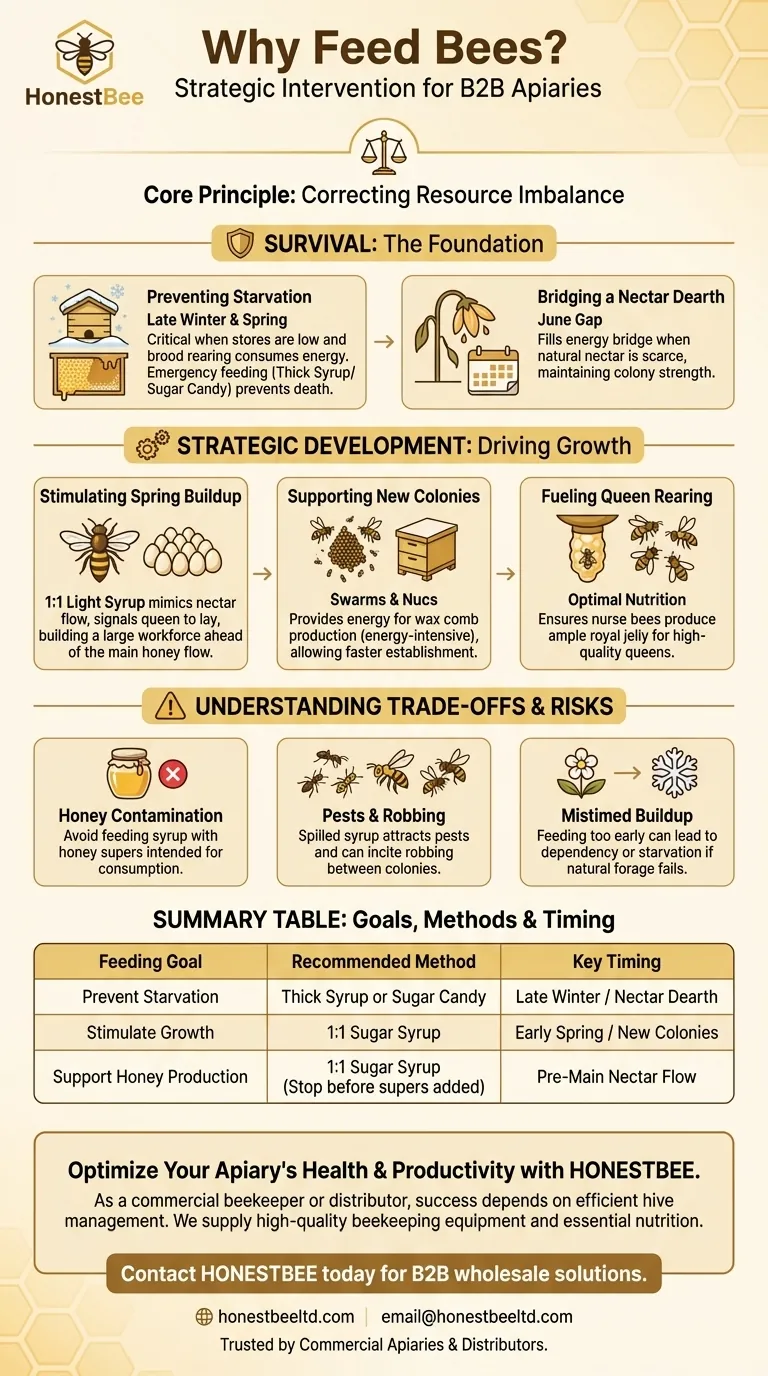
Related Products
- HONESTBEE Round Hive Top Bee Feeder for Syrup
- Rapid Bee Feeder White Plastic 2L Round Top Feeder for 8 or 10-Frame Bee Hives
- Professional Hive Top Bee Feeder for Beekeeping
- HONESTBEE Entrance Bee Feeder Professional Hive Nutrition Solution for Beekeeping
- Classic Boardman Entrance Bee Feeder Hive Front Feeding Solution
People Also Ask
- What are the features of top feeders for bees? Maximize Hive Health with Safe, High-Capacity Feeding
- How do you use a top feeder for bees? Expert Guide to Installation and High-Volume Hive Feeding
- How do you set up and use a top feeder for bees? A Step-by-Step Guide for Safe Feeding
- How should the round hive top feeder be positioned? Master Internal Feeding for Stronger Colonies
- What types of hive boxes is the round hive top feeder compatible with? Universal Fit for 8 & 10-Frame Langstroth Hives
